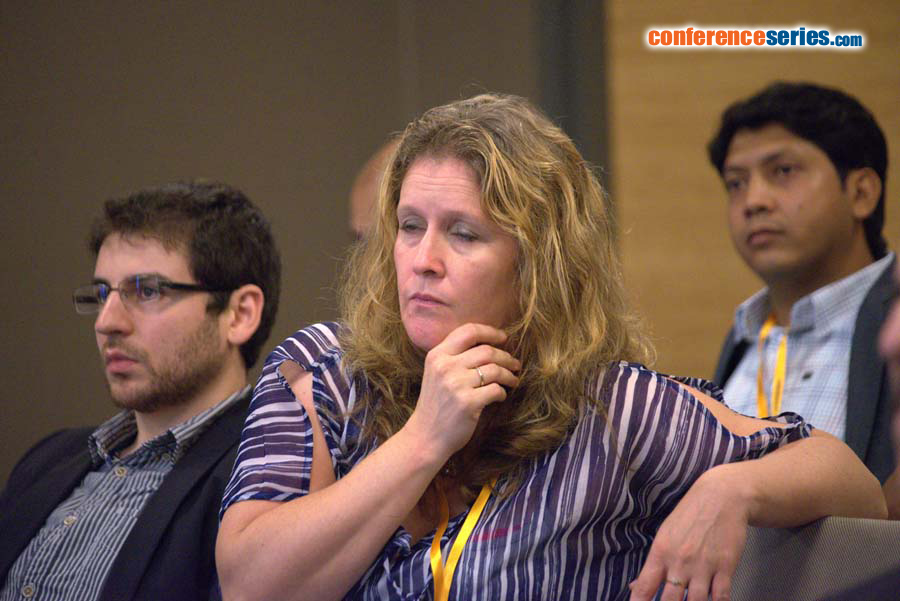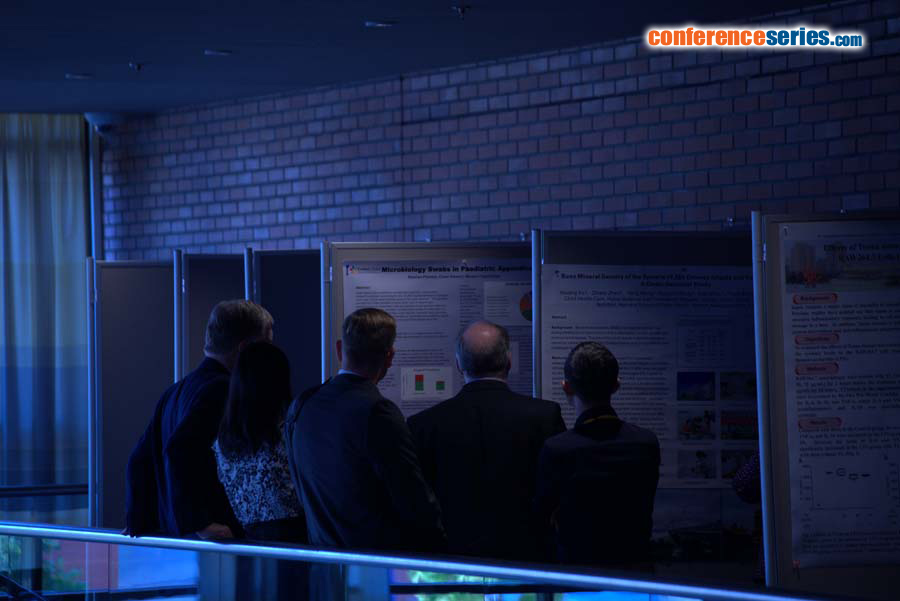
Priya Sakthivel
Otto-von-Guericke University Magdeburg, Germany.
Title: Pulmonary sarcoidosis is associated with high-level inducible co stimulator (ICOS) expression on lung
Biography
Biography: Priya Sakthivel
Abstract
Sarcoidosis is a multi-organ systemic inflammatory disease of unknown etiology that is characterized by non-caseating epithelioid granuloma formations with the lung most commonly affected. The increased frequency of activated lung CD4+ T cells with a Th1 cytokine profile in sarcoidosis patients is accompanied by a reduced proportion and/or impaired function of regulatory T cells (Tregs). Here we evaluated the expression of the inducible co-stimulator (ICOS) on lung and blood CD4+ T cell subsets in sarcoidosis patients with different prognosis, by flow cytometry. Samples from the deep airways were obtained by bronchoalveolar lavage (BAL). We show that Tregs from the inflamed lung of sarcoidosis patients were characterized by a unique ICOS high phenotype. High-level ICOS expression was restricted to Tregs from the inflamed lung and was absent in blood Tregs of sarcoidosis patients as well as in lung and blood Tregs of healthy volunteers. In addition, lung Tregs exhibited increased ICOS expression compared to sarcoid-specific lung effector T cells. Strikingly, ICOS expression on Tregs was particularly high in the lungs of Lofgren's syndrome (LS) patients who present with acute disease which often resolves spontaneously. Moreover, blood monocytes from LS patients revealed increased ICOS-L levels compared to healthy donors. Sarcoidosis was associated with a shift towards a non-classical monocyte phenotype and the ICOS-L high phenotype was restricted to this particular monocyte subset. We propose a potential implication of the ICOS/ICOS-L immune-regulatory axis in disease activity and resolution and suggest further evaluating the suitability of ICOS as biomarker for the prognosis of sarcoidosis.





